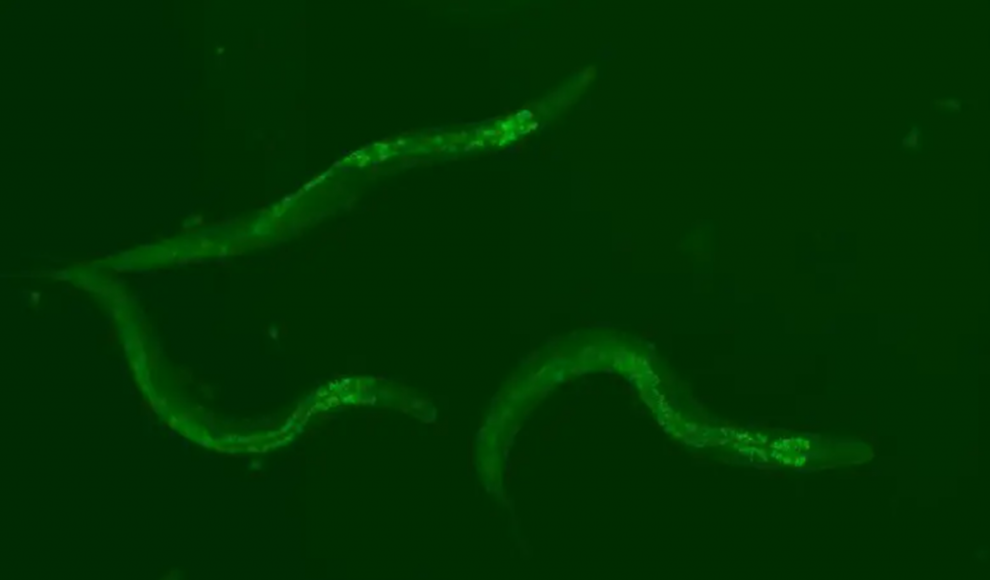In a groundbreaking discovery, researchers at Eötvös Loránd University in Budapest have found that controlling transposable elements (TEs) in DNA can significantly extend the lifespan of nematode worms. This discovery could potentially pave the way for immortality in the future. TEs are sections of DNA that can move around within the genetic code. According to current research, excessive TE activity can destabilize the genetic code and accelerate the aging process in humans. However, the researchers have found that controlling the activity of TEs can actually extend the lifespan of nematode worms, suggesting that these mobile DNA elements play a crucial role in the aging process.
The researchers have discovered a Piwi-piRNA pathway, a specific process that can control TEs. They observed this process in cancer stem cells and cells of the immortal jellyfish (Turritopsis dohrnii) before inhibiting the activity of TEs in nematode worms. When they inhibited specific TEs in the worms, their aging process slowed down, and their lifespan was extended by up to 30%. The researchers also found epigenetic changes in the DNA of the worms as they aged, particularly in the TEs. These changes, known as DNA-N6-adenine methylation, were observed to increase TE transcription and jumping as the animal aged.
The researchers believe that a better understanding of TEs and the ability to control them could lead to the development of methods to extend life and improve health in old age. This discovery could potentially revolutionize the field of medicine and biology.










